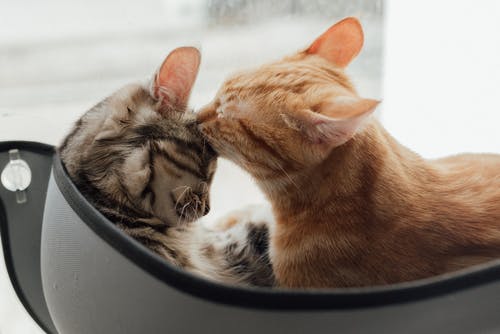Although living with a horse may be a joyful experience, it also comes with the duty of providing for your animal partner their whole life. Your devotion, love, and care for your horse are essential. You’ll express your affection for the animal through grooming, stroking, riding, and the odd reward.
Before bringing your new equine buddy home, you should familiarize yourself with the fundamentals of proper horse care. Understand how to shelter, feed, and care for your horse or pony.
Call your veterinarian right away if you think your pet is ill. Always visit your veterinarian with any health-related queries; they have evaluated your pet and can provide the best advice.
Horse Care Guidelines
You must understand a few crucial things before bringing your first horse home to take good care of it immediately. Learn the fundamentals of feeding, tying, and primary horse care. Consult your vet about veterinary care for large animals to know more about horse care.
Nutritional Needs
A horse’s digestive tract is built to process short, frequent meals of roughage throughout the day. Most horses should eat grass and clean, mold- and dust-free hay as their primary sources of nutrition. Water that is clean and not frozen should always be accessible.
A horse should always have access to high-quality hay or fresh grass for feed. The likelihood of developing ulcers and other digestive problems is increased when the stomach is empty. It’s crucial to maintain your horse’s healthy weight. Visit a veterinary website for additional information.
Vaccinations and Deworming
All horses require routine deworming and immunizations. It is essential to speak with your veterinarian about vaccination recommendations because they depend on the horse’s age, how often it travels, and where it is.
Worms can result in colic, a lousy coat, and weight loss. Minimizing your horse’s exposure to parasites is equally vital. Pastures should be rotated whenever feasible to handle horses properly, and excrement should be frequently removed.
Housing and Exercise
Horses are gregarious creatures who thrive when given the freedom to wander and engage with other horses. If your horse is stalled, be careful to provide them with socialization and enrichment opportunities. Ensure your horse has access to a secure shelter if they reside outside.
Horses were designed to run. Daily exercise opportunities are essential, but if you want to progressively increase your horse’s strength and fitness, follow a logical strategy.
Hoof Care
Hoof trimming has to be done every six to eight weeks. Your horse can need shoes, depending on their body type, surroundings, and degree of exercise. The ideal course of action to maintain the strength and balance of your horse’s hooves will be suggested by your farrier.
Teeth Care
Horses’ teeth are constantly growing. Sharp edges and points that hurt when chewing might result from uneven wear. Dental issues, from sore spots to decayed teeth, can make it difficult to chew food or produce “quidding,” in which food spills out of the mouth.
Other indications of dental illness might be bad breath, hay in the feces that hasn’t been digested, or discomfort from the bit or noseband. Esophageal obstruction, colic, and weight loss can all be caused by dental disease. You should consult your vet if your horse needs veterinary surgery due to dental issues.

